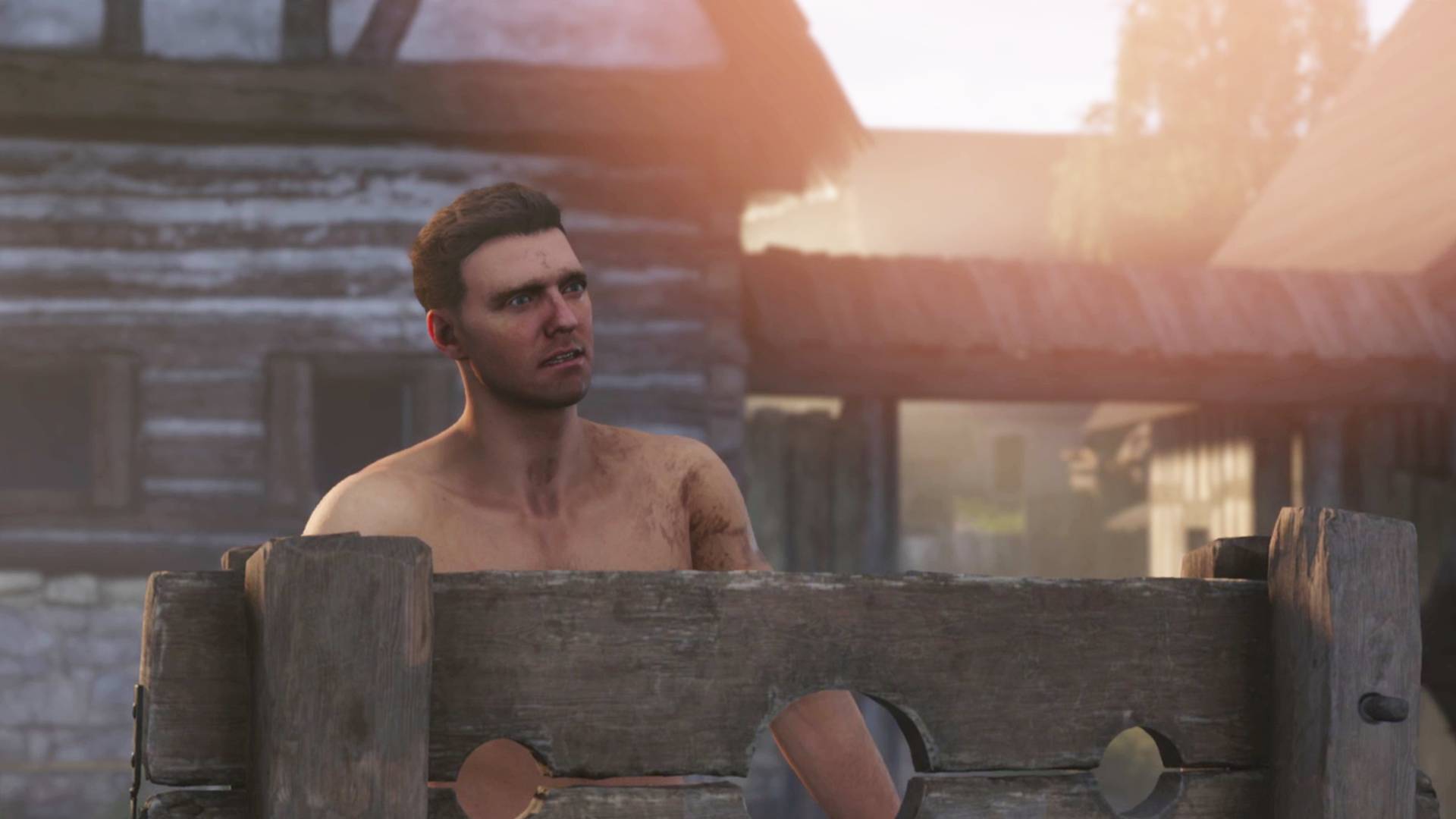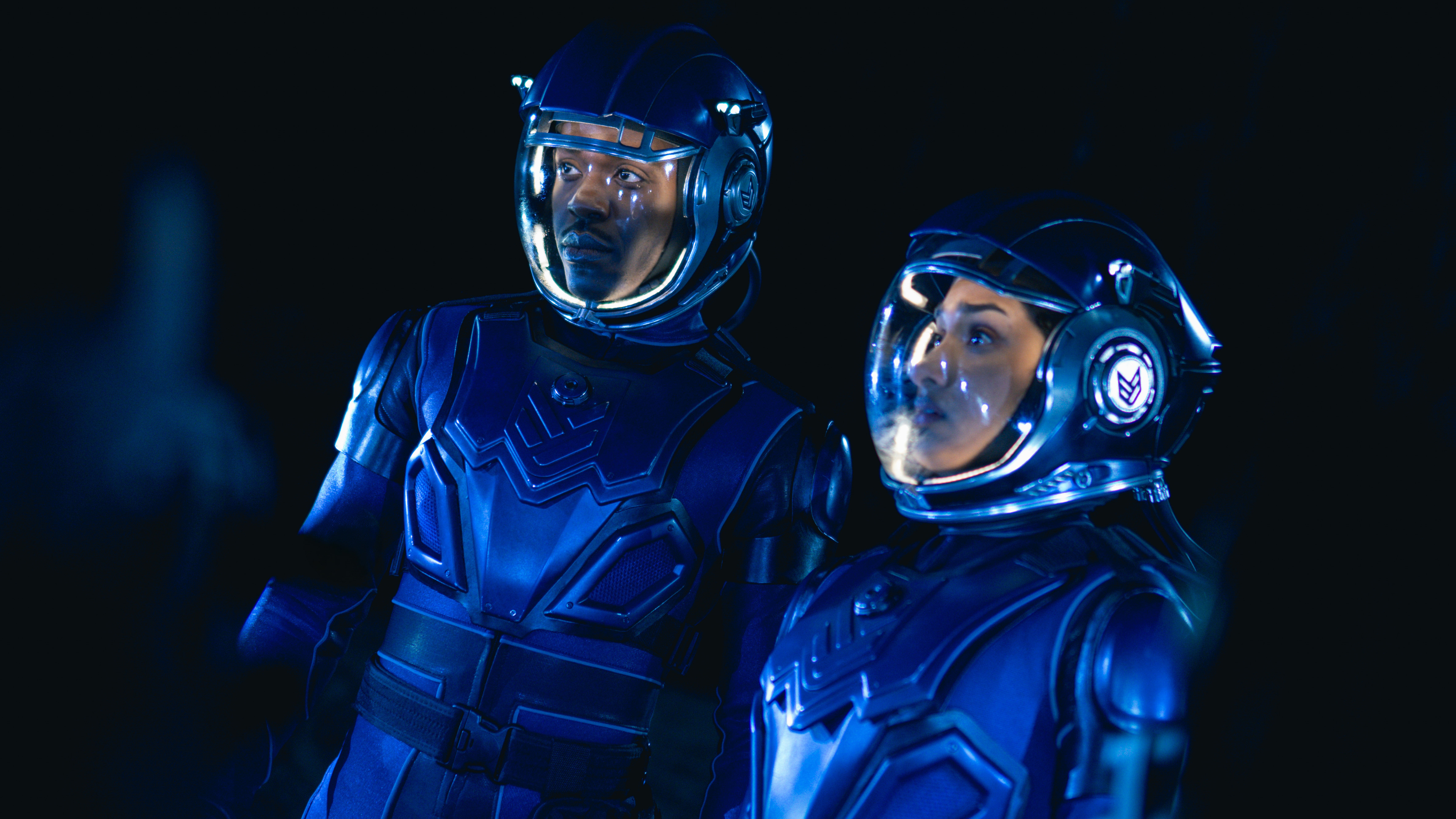Kingdom Come: Deliverance 2 dev weighs in on why it's getting harder to survive in RPGs – "If a game is 150 hours and all of your sessions are the same, you're gonna get bored"
On the Radar | Senior game designer Ondřej Bittner explains why struggling to stay alive in Bohemia is so much fun

In the opening hours of Kingdom Come: Deliverance 2, it's very easy to get in trouble. After a brief introduction, Henry is thrown into a 15th century open world with no clothes, food, shelter, weapons, money… you get the idea: you have nada. That leads to some interesting (and I say interesting because if we can't laugh, we'll cry) situations where, for a long stretch, your main objective is to merely keep Henry alive and out of the stockades.
That's easier said than done. To fend off hunger, I crept in through someone's window to slurp stew straight from the pot as they slept. During one of my first nights in Bohemia, I climbed into a peasant's attic to snooze on a pile of straw, only to be woken up several hours later by a disgruntled guard and allegations of trespassing. Yeah yeah, "to the stockades," I'm going.
As my early experience in Kingdom Come: Deliverance 2 was shaped by these more survival-minded mechanics, it struck me that more and more open worlds have been playing with this bumpy-by-design approach. Think of how Dragon's Dogma 2 made fast travel so hard, for example, or Baldur's Gate 3 refusing to swap out Dungeons & Dragons' eating and resting mechanics for something smoother. But why are these tougher features taking root in the best RPGs – and how did Kingdom Come: Deliverance 2 get it all so right?
Hungry for more
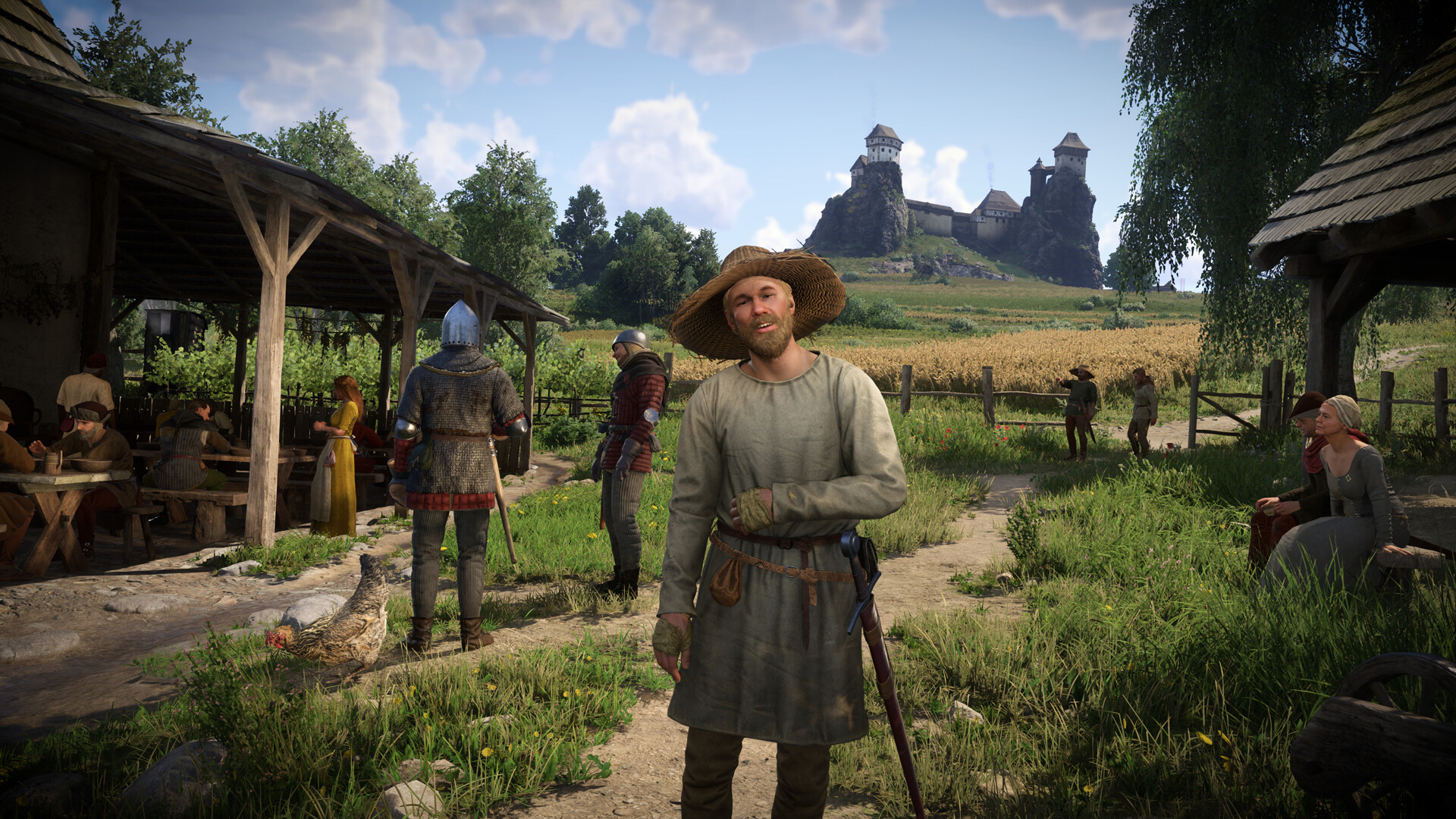
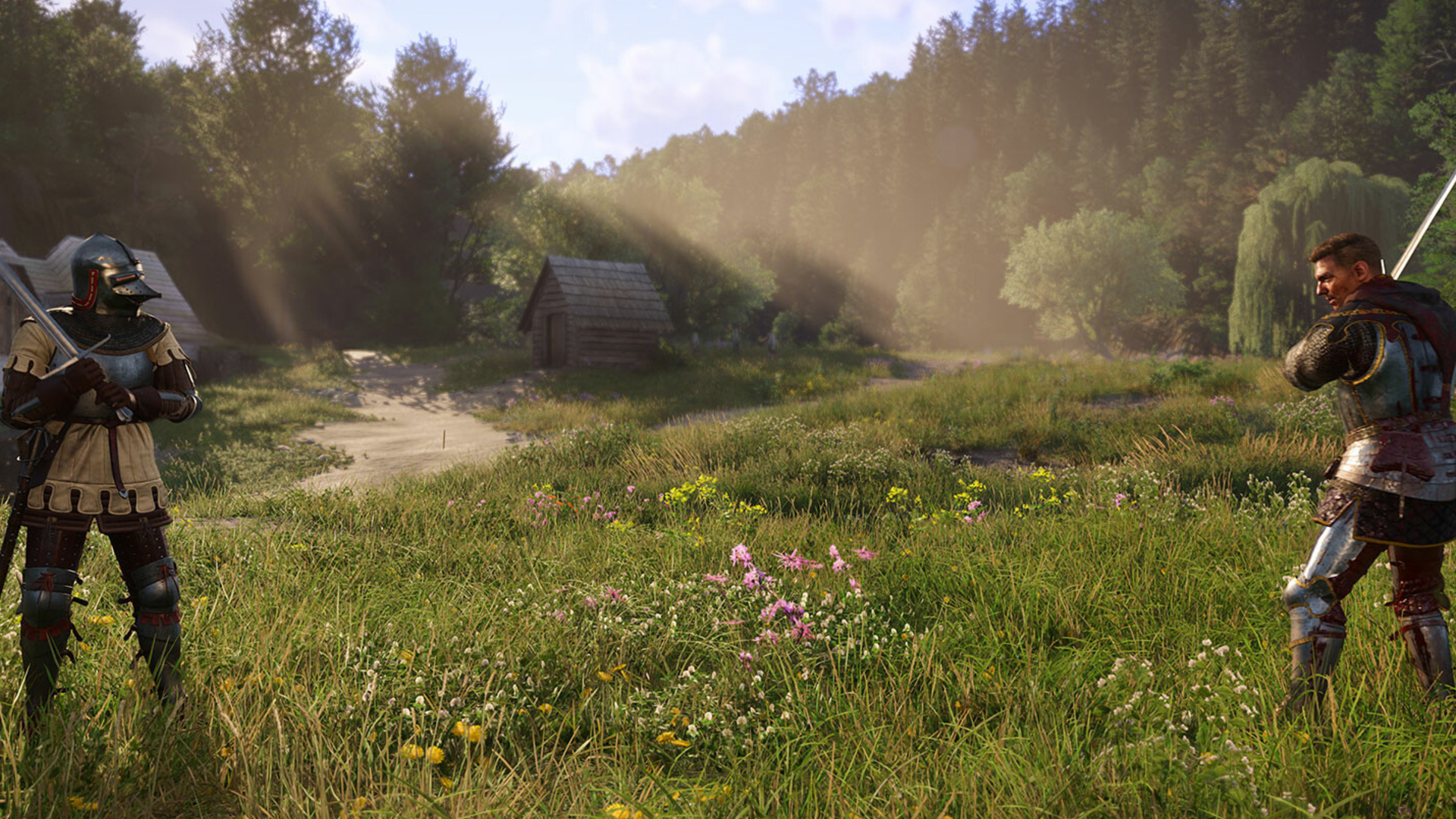
Kingdom Come: Deliverance 2 review: "Even if some friction can lead to frustration, its realization of medieval life remains utterly absorbing"
When I raise these questions with Kingdom Come: Deliverance 2's senior game designer, Ondřej Bittner, it's obvious that he's already thought about the topic at some length. Bittner theorizes the growing practice is less of a way to make games outright harder, and more a rejection of the 'more is better' approach that many mainstream RPGs adopt.
"I think the mechanics you're describing – a little more involved gameplay – falls around the fact that players may be finally [realizing] that it doesn't really matter how long a game is," suggests Bittner. "What matters is if your individual sessions are individual enough. If a game is 150 hours and all of your sessions are the same, you're gonna get bored. A little more involved mechanics [means] more original content."
Bittner – who is a "sucker for original content" – believes that the more you force players to keep their playtime reactive, the richer that playtime will feel. "Then your experience, session to session, is like: 'Oh yesterday someone stole my boots, and then I went around boozing…next thing, I went to this bandit camp, and the next day I was solving this mystery of a murder in the city. Because these are vastly different, you don't get bored, and it doesn't really matter if [the game is] 100 hours or 150."
Though our conversation is initially focused on survival mechanics in open world games – think Kingdom Come: Deliverance 2 and Stalker 2: Heart of Chornobyl – Bittner suggests that the core principle, of layering and exploring the way we interact with these worlds at a deeper level, carries beyond the genre. "That [also] goes for games like Elden Ring, with all of its secrets," he explains. "Elden Ring has sort of simple mechanics, but it's so involved in the levels of where you can go and what you can discover – or on the other hand Zelda games, which have awesome mechanics. This is good for the industry, and for players too. I think the entertainment is more qualitative than certain titles which are just very repetitive."
Sign up to the GamesRadar+ Newsletter
Weekly digests, tales from the communities you love, and more
An illusion, Henry
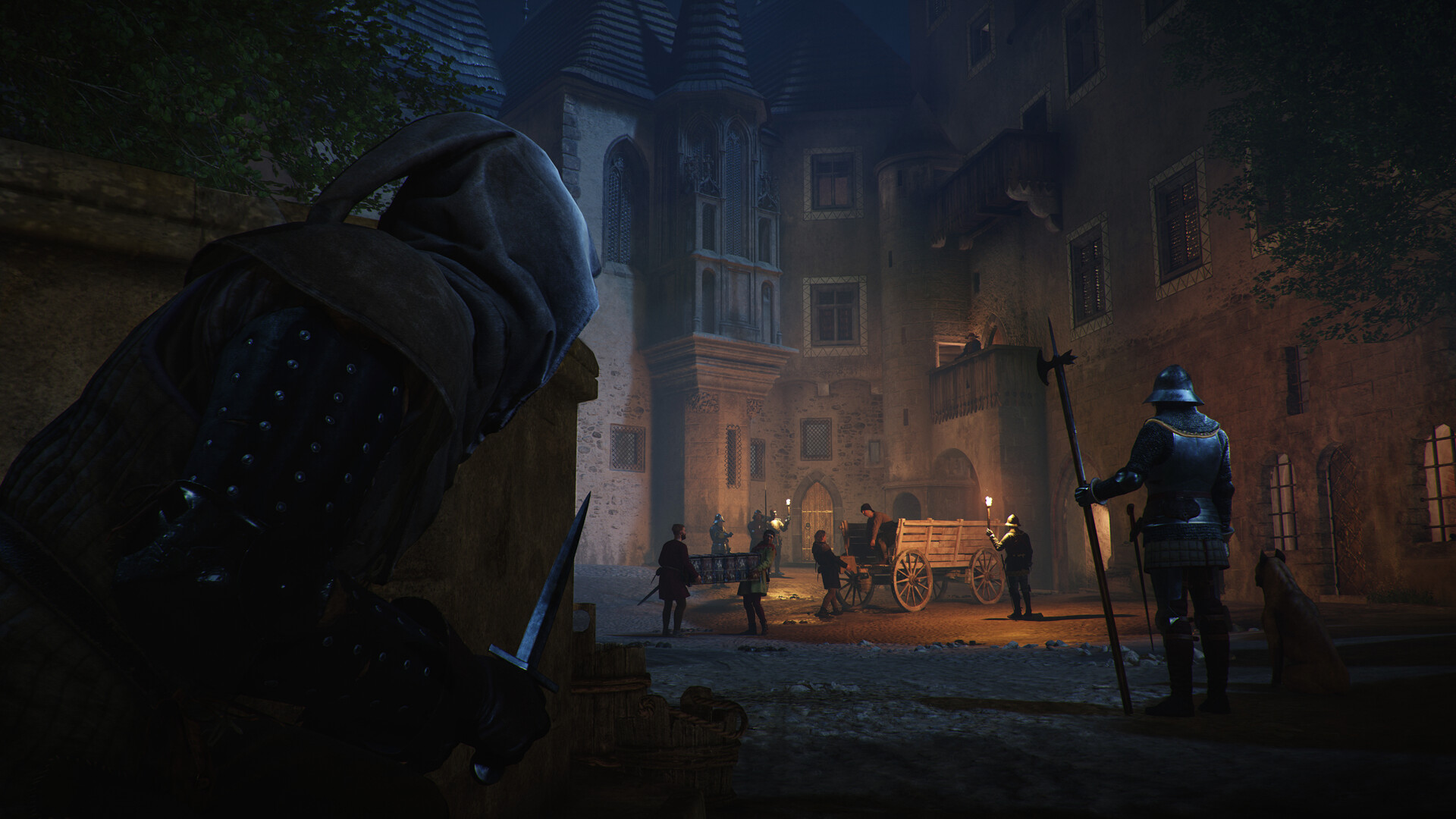
When it comes to Kingdom Come: Deliverance 2, some of its more involved features aren't actually as bad as they seem. Bittner points out that you'd have to "try really hard" to die of hunger (though I'll admit to recently killing Henry with a vicious bout of food poisoning), and outside of its limited save system, Warhorse's RPG is far from "Don't Starve Together or real survival games".
"All of these survival mechanics are there to remind you that Henry's just a human," says Bittner. "That kind of puts limits on other things you can expect. If your character has to eat and sleep, you'll be more careful in combat because surely they're not a superhero. So it's kind of grounding Henry."
Likewise, Bittner points to other areas of the game that stray from hard-edged realism to ensure trotting around Bohemia is still fun. Its alchemy system is "very much fantasy," for example, while Henry's carrying capacity is limited but still much higher than more restrictive games with similar features.
"We dialled back and we only kept things that make you more human, more grounded, but didn't detract from overall RPG gameplay, which is supposed to be: 'I'm the hero, I have these abilities, I'm meant to use these abilities to solve a problem'," says Bittner. "For example in the first game, poisons are incredibly overpowered. But we kept it there because if someone does all of that [sneaking and poisoning a camp's food supply] to get the poison, it's OK – they've already had their fun!"
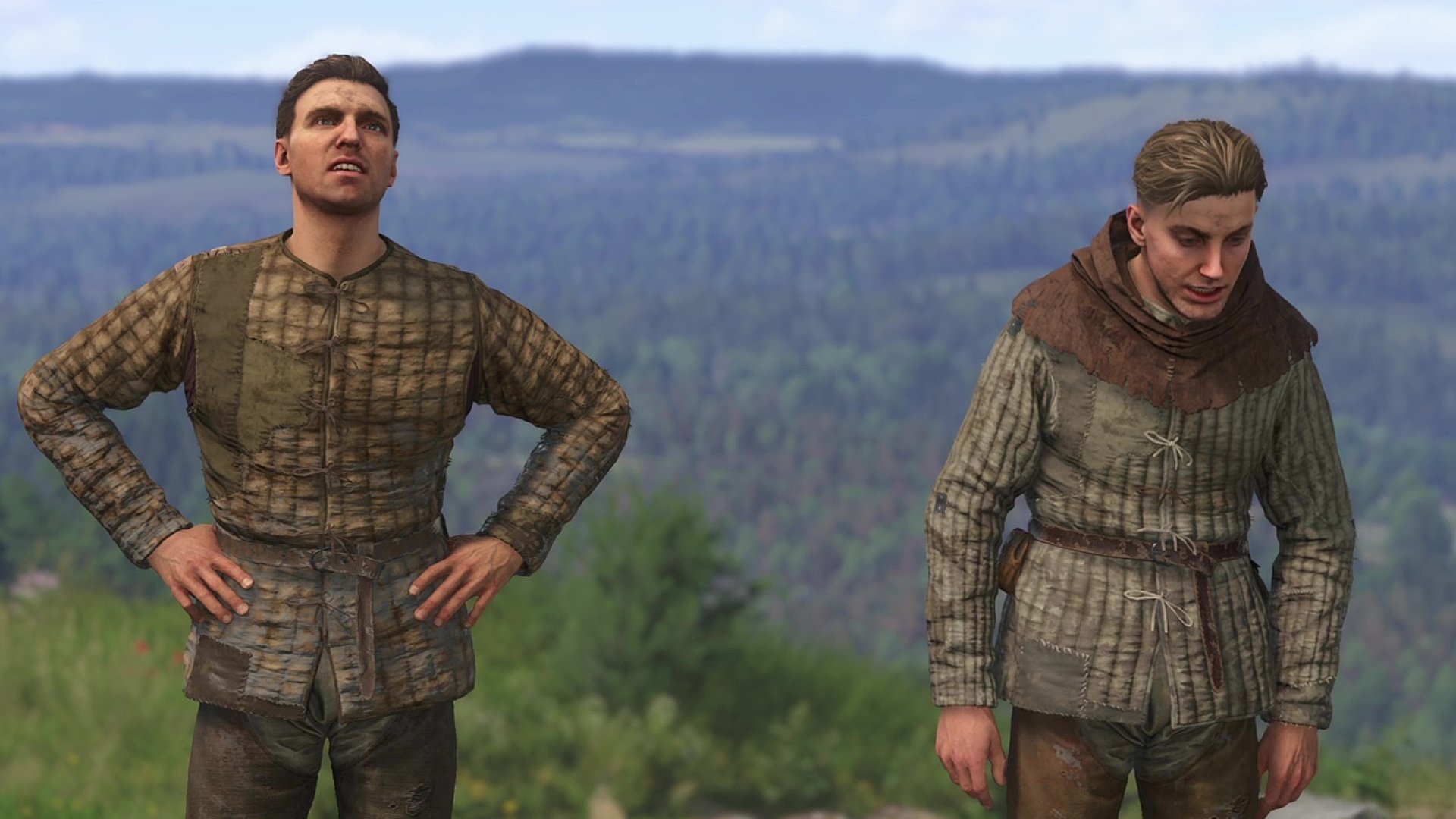
It's a delicate balance, as game-ifying a system too much can detract from whatever immersion it may offer. Features like blacksmithing, alchemy, and even the way Henry has to sharpen his sword to keep it in fighting condition, are all designed to build up the game's medieval atmosphere – but for that reason, they were kept deliberately quite simple. "We didn't want to marry rich representation with very complicated or layered gameplay," says Bittner, who explains that the development team was very picky about which features made it into Kingdom Come: Deliverance 2.
"Any minigame we would do – or even considered – had to have the same basic standard," says Bittner. "It had to be immersive, it had to be like Henry is doing this. So if there's fishing, Henry is sitting on the river bank. Or if you're playing dice, you're actually sitting at the table and looking at the other person checking dice, and it takes forever – because if it didn't, the immersion would be weaker and immersion is all we've got. Well not all we've got, but it's the most important thing for the game."
Done right, these textured mechanics – even if they're taking something away from the player – mark the difference between playing in a game's open world and living in it. Personally, I'll take the hunger, the food poisoning, or even the rude awakenings from meddling lawmen if it means feeling like I'm truly slumming it in 15th century Bohemia. Some things are worth going to the stockades for.

Andy Brown is the Features Editor of Gamesradar+, and joined the site in June 2024. Before arriving here, Andy earned a degree in Journalism and wrote about games and music at NME, all while trying (and failing) to hide a crippling obsession with strategy games. When he’s not bossing soldiers around in Total War, Andy can usually be found cleaning up after his chaotic husky Teemo, lost in a massive RPG, or diving into the latest soulslike – and writing about it for your amusement.
